Best movies like The General Case
A unique, carefully handpicked, selection of the best movies like The General Case Starring Ulrich Noethen, David Kross, Bernhard Schütz, Uwe Bohm, and more. If you liked The General Case then you may also like: Naked Among Wolves, Never Forget, Judgment at Nuremberg, Anthropoid, Au Revoir les Enfants and many more popular movies featured on this list. You can further filter the list even more or get a random selection from the list of similar movies, to make your selection even easier.
In the young Federal Republic of Germany, which in the late 1950s in politics and justice is still interspersed with only superficially purified Nazi cliques, leads the Hessian Attorney General Fritz Bauer a lonely fight against the coverup of Nazi crimes and the restorative policy of the government Adenauer - he is firmly convinced that only in this way can the young democracy be consolidated. Not only his attitude, but also his temperament make Bauer vulnerable, again and again resistance forms from politics, intelligence services and the judiciary against the lone fighter.
The General Case
You may filter the list of movies on this page for a more refined, personalized selection of movies.
Still not sure what to watch click the recommend buttun below to get a movie recommendation selected from all the movies on this list
Never Forget
Mr. Mermelstein (Leonard Nimoy) and Mrs. Mermelstein (Blythe Danner) a true-life California couple, thrown into the spotlight of judicial history in the 1980s. He is a Hungarian-born Jew, sole-survivor of his family's extermination at Auschwitz, and she is a Southern Baptist from Tennessee. Their four children are good kids, typical Americans, with just enough orneriness to irritate each other, but enough love and class to pull together when it counts. When challenged by a hate group to prove that Jews were actually gassed at Auschwitz, Mel Mermelstein rises to the occasion with the support of his wife and children, in spite of the dangers to himself, his business, and his family. William John Cox (Dabney Coleman) provides legal help (pro bono) as a lawyer, originally a Roman Catholic from Texas.
Judgment at Nuremberg
In 1947, four German judges who served on the bench during the Nazi regime face a military tribunal to answer charges of crimes against humanity. Chief Justice Haywood hears evidence and testimony not only from lead defendant Ernst Janning and his defense attorney Hans Rolfe, but also from the widow of a Nazi general, an idealistic U.S. Army captain and reluctant witness Irene Wallner.
Anthropoid
In December 1941, Czech soldiers Jozef Gabčík and Jan Kubiš parachute into their occupied homeland to assassinate Nazi officer Reinhard Heydrich.
Au Revoir les Enfants
Au revoir les enfants tells a heartbreaking story of friendship and devastating loss concerning two boys living in Nazi-occupied France. At a provincial Catholic boarding school, the precocious youths enjoy true camaraderie—until a secret is revealed. Based on events from writer-director Malle’s own childhood, the film is a subtle, precisely observed tale of courage, cowardice, and tragic awakening.
Charlotte
The true story of Charlotte Salomon, a young German-Jewish painter who comes of age in Berlin on the eve of the Second World War. Fiercely imaginative and deeply gifted, she dreams of becoming an artist. Her first love applauds her talent, which emboldens her resolve. When anti-Semitic policies inspire violent mobs, she escapes to the safety of the South of France. There she begins to paint again, and finds new love. But her work is interrupted, this time by a family tragedy that reveals an even darker secret. Believing that only an extraordinary act will save her, she embarks on the monumental adventure of painting her life story.
Conspiracy
The historical recreation of the 1942 Wannsee Conference, in which Nazi and SS leaders gathered in a Berlin suburb to discuss the "Final Solution to the Jewish Question". Led by SS-General Reinhard Heydrich, this group of high ranking German officials came to the historic and far reaching decision that the Jews of Europe were to be exterminated in what would come to be known as the Holocaust.
The Counterfeiters
The story of Jewish counterfeiter Salomon Sorowitsch, who was coerced into assisting the Nazi operation of the Sachsenhausen concentration camp during World War II.
The Grey Zone
A Nazi doctor—along with the Sonderkomando, Jews who are forced to work in the crematoria of Auschwitz against their fellow Jews—find themselves in a moral grey zone.
The Man in the Glass Booth
Arthur Goldman is a rich Jewish industrialist, living in luxury in a Manhattan high-rise. He banters with his assistant Charlie, often shocking Charlie with his outrageousness and irreverence about aspects of Jewish life. Nonetheless, Charlie is astonished when, one day, Israeli secret agents burst in and arrest Goldman for being not a Jewish businessman but a Nazi war criminal. Whisked to Israel for trial, Goldman forces his accusers to face not only his presumed guilt--but their own.
Escape from Sobibor
The true story of WWII's notorious Sobibor Nazi death camp, where a courageous inmate orchestrates and leads the escape of over 300 prisoners.
Fatherland
Fictional account of what might have happened if Hitler had won the war. It is now the 1960s and Germany's war crimes have so far been kept a secret. Hitler wants to talk peace with the US president. An American journalist and a German homicide cop stumble into a plot to destroy all evidence of the genocide.
Sunshine
The story of a Jewish family living in Hungary—through three generations—rising from humble beginnings to positions of wealth and power in the crumbling Austro-Hungarian Empire. The patriarch becomes a prominent judge but is torn when his government sanctions anti-Jewish persecutions. His son converts to Christianity to advance his career as a champion fencer and Olympic hero, but is caught up in the Holocaust. Finally, the grandson, after surviving war, revolution, loss and betrayal, realizes that his ultimate allegiance must be to himself and his heritage.
Labyrinth of Lies
A young prosecutor in postwar West Germany investigates a massive conspiracy to cover up the Nazi pasts of prominent public figures.
The House on Garibaldi Street
When Israeli officials learn that Nazi war criminal Adolf Eichmann may be living in Argentina, they send a team of secret agents to apprehend him.
Hôtel Terminus: The Life and Times of Klaus Barbie
Winner of a Best Documentary Academy Award, Marcel Ophuls' riveting film details the heinous legacy of the Gestapo head dubbed "The Butcher of Lyon." Responsible for over 4,000 deaths in occupied France during World War II, Barbie would escape--with U.S. help--to South America in 1951, where he lived until a global manhunt led to his 1983 arrest and subsequent trial.
The Man Who Captured Eichmann
Set in 1960, the story follows the efforts of the Mossad, the Israeli Secret Service, to find former SS Colonel Adolf Eichmann, who ran from Germany to Argentina and took the name Ricardo Clement. He was wanted for the murders of both Europeans and Jews during the Holocaust. Learning of Eichmann's living in Argentina, the Mossad sends a team to capture him, led by agent Peter Malkin. The standing order: bring Eichmann back alive to Israel for trial.
Paragraph 175
During the Nazi regime, there was widespread persecution of homosexual men, which started in 1871 with the Paragraph 175 of the German Penal Code. Thousands were murdered in concentration camps. This powerful and disturbing documentary, narrated by Rupert Everett, presents for the first time the largely untold testimonies of some of those who survived.
The Sorrow and the Pity
From 1940 to 1944, France's Vichy government collaborated with Nazi Germany. Marcel Ophüls mixes archival footage with 1969 interviews of a German officer and of collaborators and resistance fighters from Clermont-Ferrand. They comment on the nature, details and reasons for the collaboration, from anti-Semitism, xenophobia, and fear of Bolsheviks, to simple caution. Part one, "The Collapse," includes an extended interview with Pierre Mendès-France, jailed for anti-Vichy action and later France's Prime Minister. At the heart of part two, "The Choice," is an interview with Christian de la Mazière, one of 7,000 French youth to fight on the eastern front wearing German uniforms.
The Statement
The film is set in France in the 1990s, the French were defeated by the Germans early in World War II, an armistice was signed in 1940 which effectively split France into a German occupied part in the North and a semi-independent part in the south which became known as Vichy France. In reality the Vichy government was a puppet regime controlled by the Germans. Part of the agreement was that the Vichy Government would assist with the 'cleansing' of Jews from France. The Vichy government formed a police force called the Milice, who worked with the Germans...
Theresienstadt
Nazi propaganda film about the "Theresienstadt ghetto". The film was supposed to show the world that Jews didn't suffer in concentration camps. Upon completion, most Jews shown in the film (including director Kurt Gerron) were brought to Auschwitz, where they were killed.
The Singing Forest
A tragic tale of two lovers from the holocaust. Fate tore them apart, destiny brought them together.
2 or 3 Things I Know About Him
What would your family reminiscences about dad sound like if he had been an early supporter of Hitler’s, a leader of the notorious SA and the Third Reich’s minister in charge of Slovakia, including its Final Solution? Executed as a war criminal in 1947, Hanns Ludin left behind a grieving widow and six young children, the youngest of whom became a filmmaker. It's a fascinating, maddening, sometimes even humorous look at what the director calls "a typical German story." (Film Forum)
Hannah Arendt
HANNAH ARENDT is a portrait of the genius that shook the world with her discovery of “the banality of evil.” After she attends the Nazi Adolf Eichmann’s trial in Jerusalem, Arendt dares to write about the Holocaust in terms no one has ever heard before. Her work instantly provokes a furious scandal, and Arendt stands strong as she is attacked by friends and foes alike. But as the German-Jewish émigré also struggles to suppress her own painful associations with the past, the film exposes her beguiling blend of arrogance and vulnerability — revealing a soul defined and derailed by exile.
The People vs. Fritz Bauer
It is the late 1950s. Flourishing under the economic miracle, Germany grows increasingly apathetic about confronting the horrors of its recent past. Nevertheless, Fritz Bauer doggedly devotes his energies to bringing the Third Reich to justice. One day Bauer receives a letter from Argentina, written by a man who is certain that his daughter is dating the son of Adolph Eichmann. Excited by the promising lead, and mistrustful of a corrupt judiciary system where Nazis still lurk, Bauer journeys to Jerusalem to seek alliance with Mossad, the Israeli secret service. To do so is treason — yet committing treason is the only way Bauer can serve his country.
Ordinary Men: The "Forgotten Holocaust"
The Nuremberg Einsatzgruppen trial of 1947/1948 is considered the largest murder trial in history against members of four death squads from the security police and SD (the security service of the SS). During World War II, six million Jews were murdered. Four million died in the extermination camps, but two million people were killed in systematic mass shootings. The perpetrators came face to face with their victims. They shot at men, women, children - day after day, obediently and assiduously, as if it were normal work. Tens of thousands of Germans belonged to the mobile commandos of the task forces and police battalions. Who were these men, how could they commit such murders? What did the few survivors tell, how were they able to escape the mass extinction and live on with the horrific experience? Based on written traditions, original documents, film footage and photos as well as expert statements, the documentary traces the path of one of these murder battalions.
Hitler's Britain
A "What if?" alternative history sees Nazi Germany prevailing in the second World War. First the occupiers establish their power bases, before they find themselves under attack from the underground resistance.
The Deaf Holocaust: Deaf People and Nazi Germany
As part of the season of programmes commemorating the 60th anniversary of the Holocaust and the liberation of Auschwitz, Clive Mason visits the killing centre of Hadamar to investigate the development and impact of the Nazi policy of enforced sterilisation and the murder of deaf and disabled people, which took place in Germany between 1933 and 1945. Members of the German deaf community, who are still living with the legacy of this brutal Nazi policy, tell their moving stories for the first time on television. From the UK, in English narration & Sign language.
The Guard of Auschwitz
Nazi occupied Poland, during the World War II. Hans, a former brilliant student, has become an SS officer stationed at the Auschwitz-Birkenau concentration camp. When he is commissioned by his superior officer to build an efficient gas chamber, Hans, facing the harsh reality, begins to realize the magnitude of the atrocious acts of which he is being accomplice.
Prelude to War
Prelude to War was the first film of Frank Capra's Why We Fight propaganda film series, commissioned by the Pentagon and George C. Marshall. It was made to convince American troops of the necessity of combating the Axis Powers during World War II. This film examines the differences between democratic and fascist states.


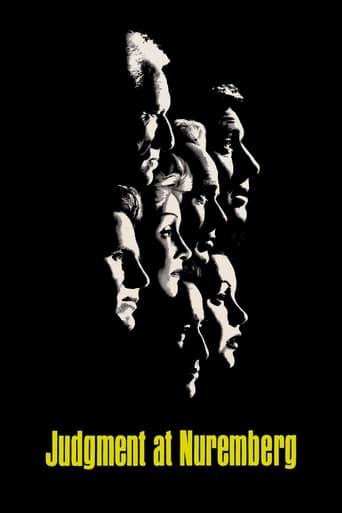
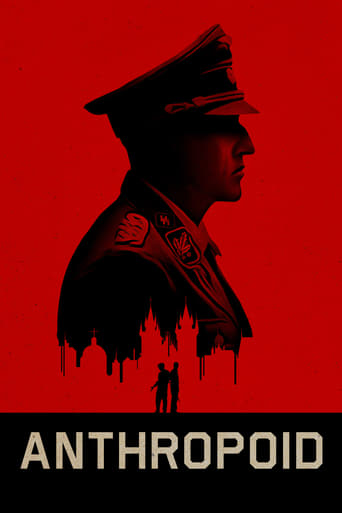


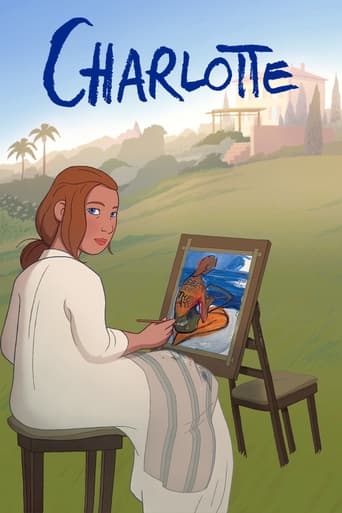
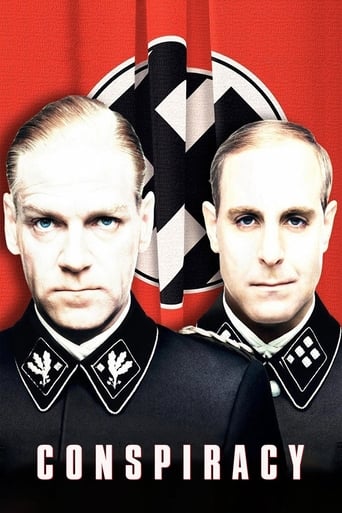

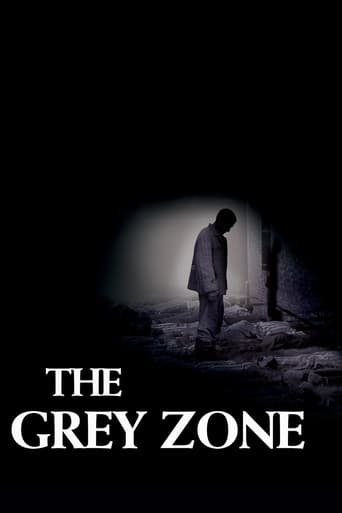



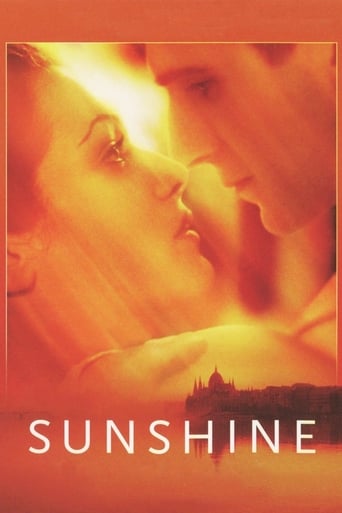
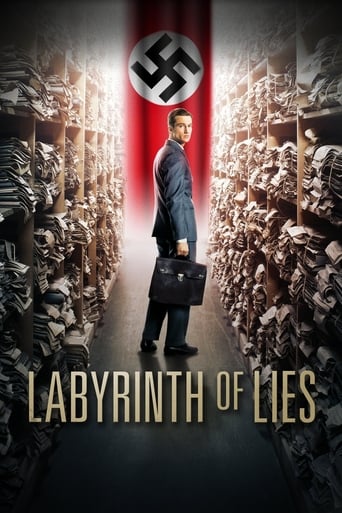
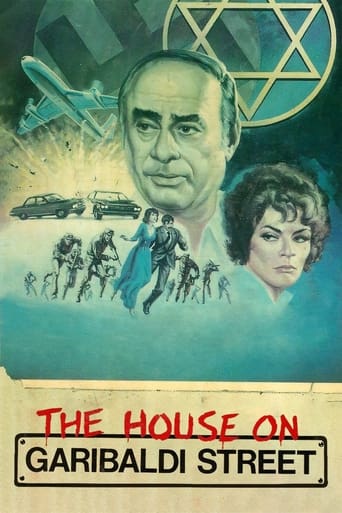

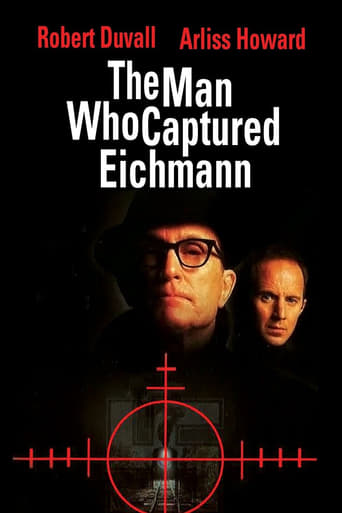


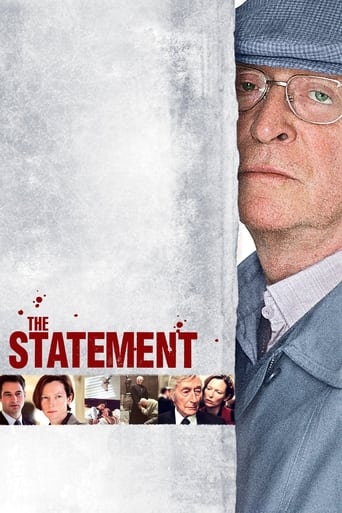






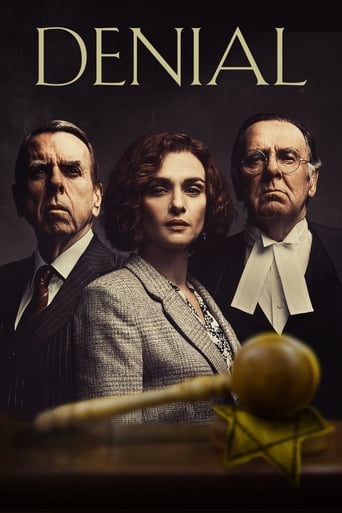





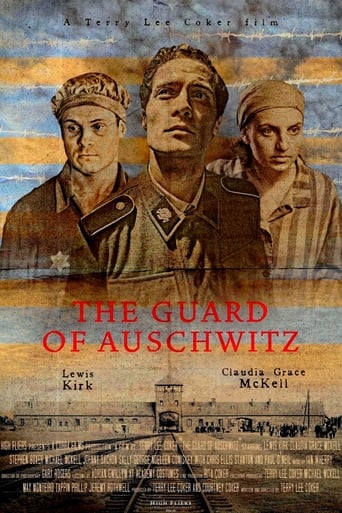
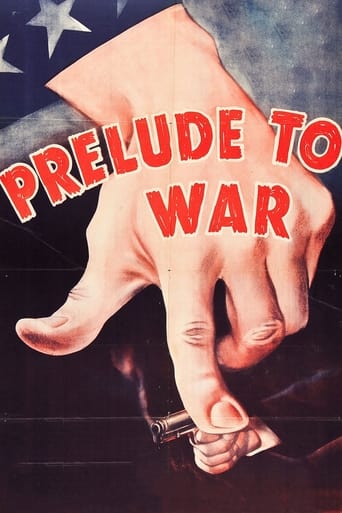

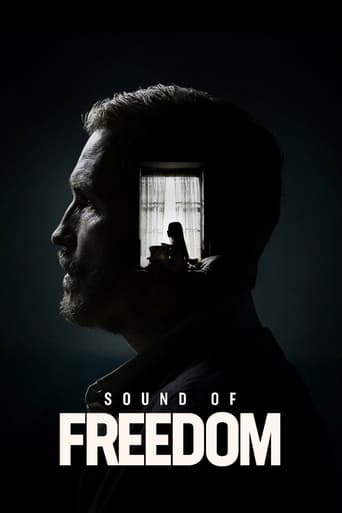
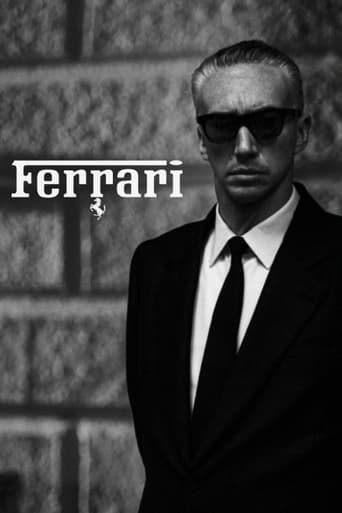
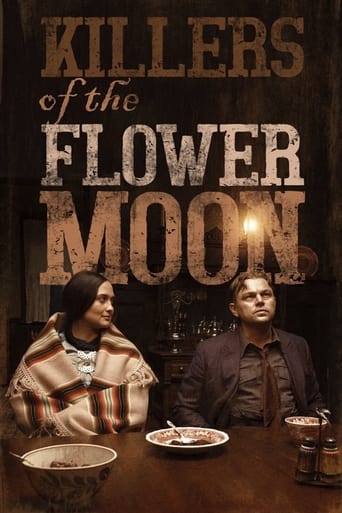
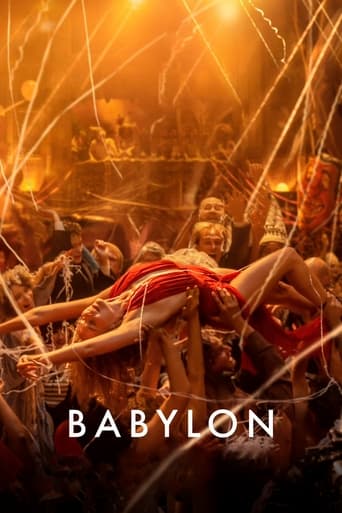
Naked Among Wolves
Taking place at the Concentration camp Buchenwald at the end of March 1945, prisoner Hans Pippig discovers in a carrying case of an incoming prisoner a Jewish child. If reported the three-year-old is sure to die. On the other hand, a violation of the rules of the camp would threaten the long prepared uprising of the concentration camp prisoners against the SS.